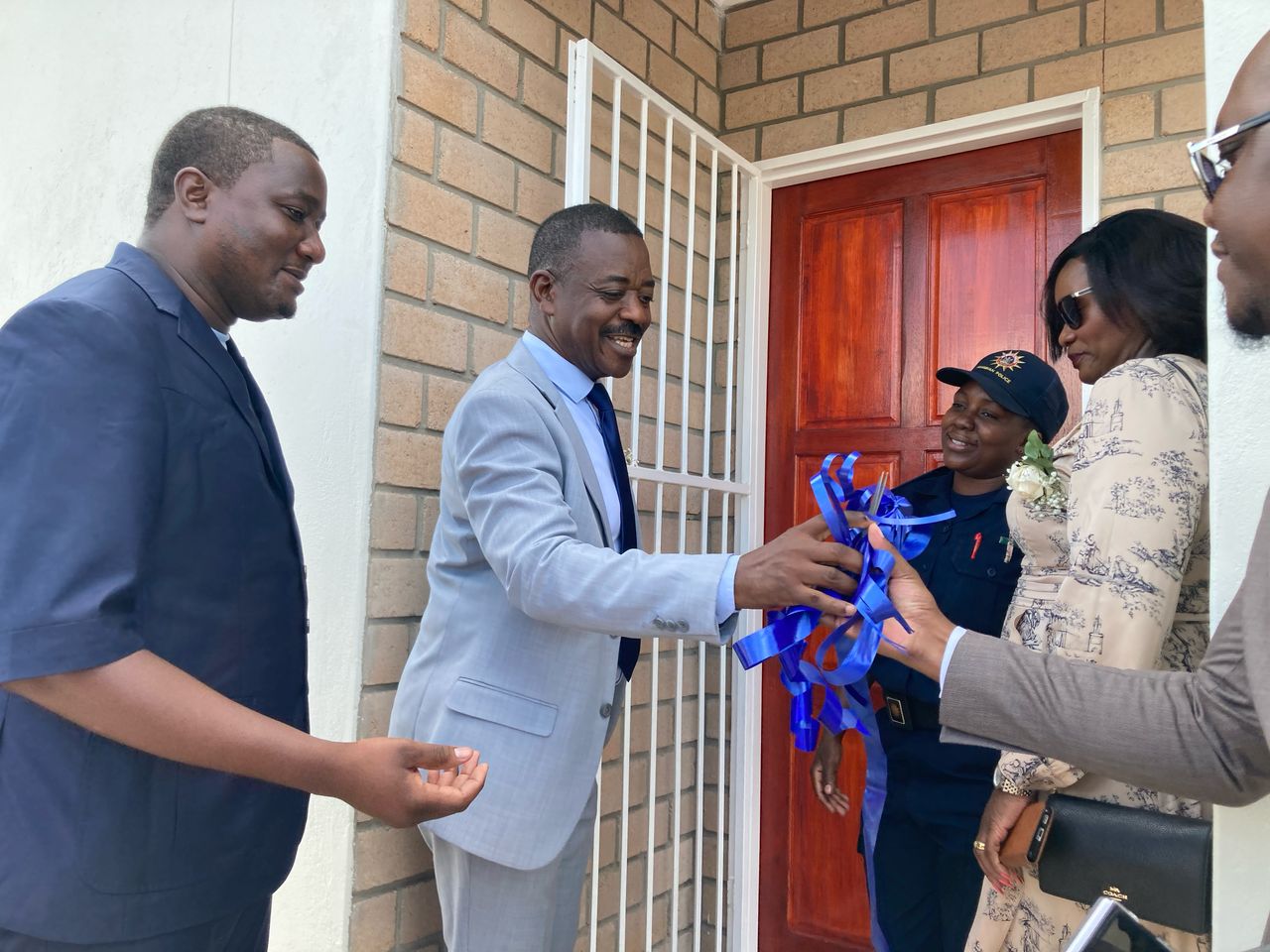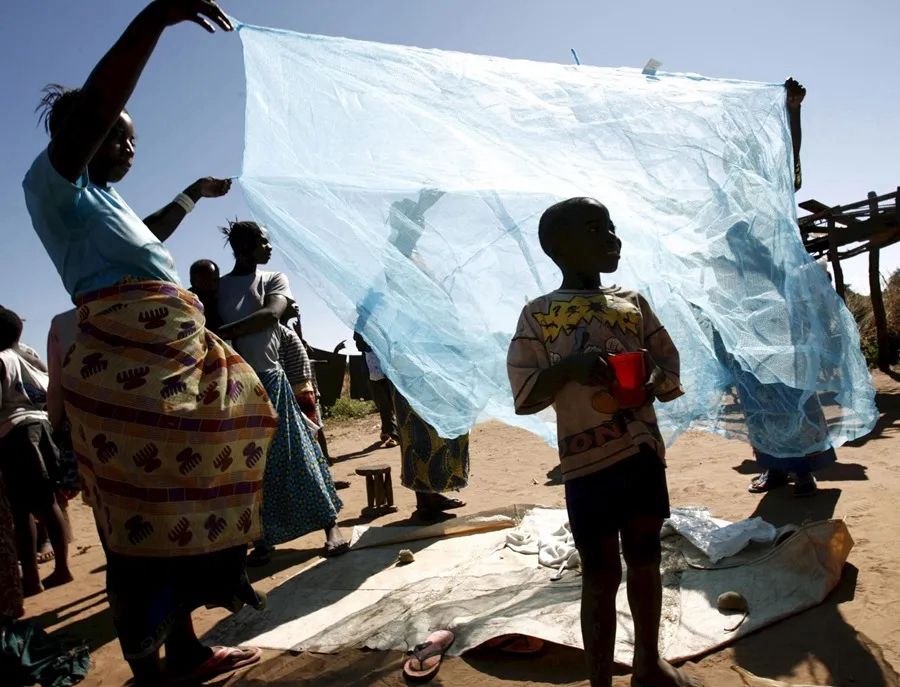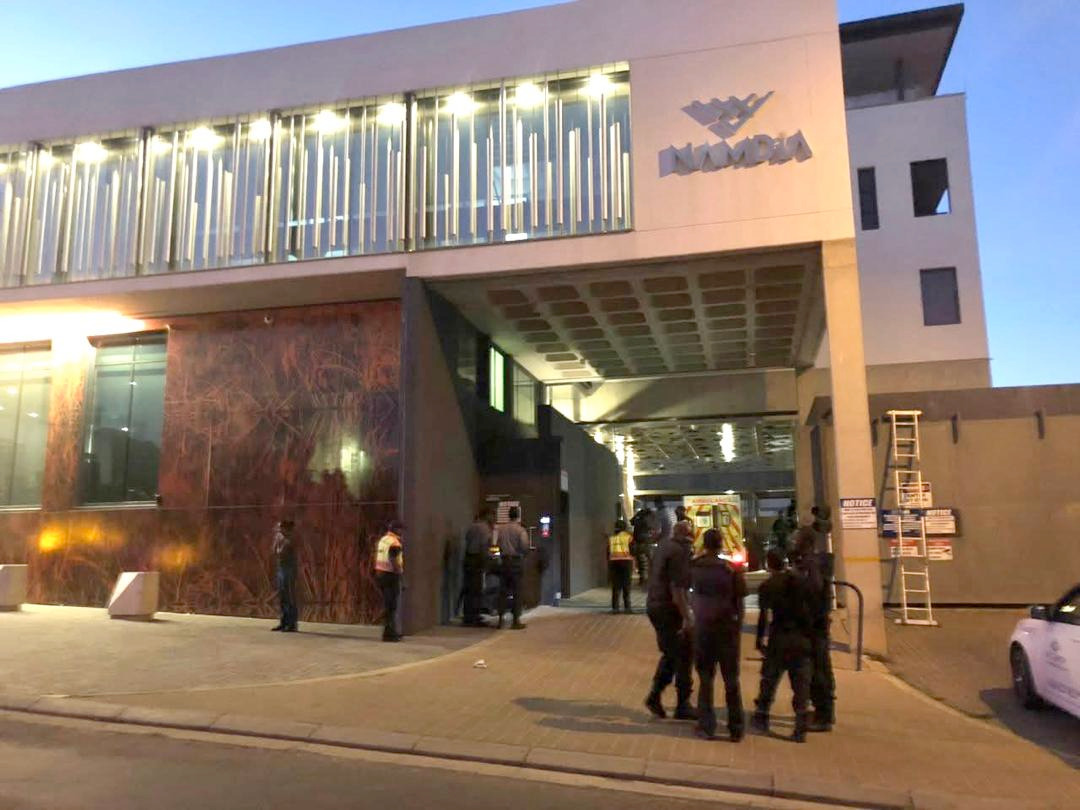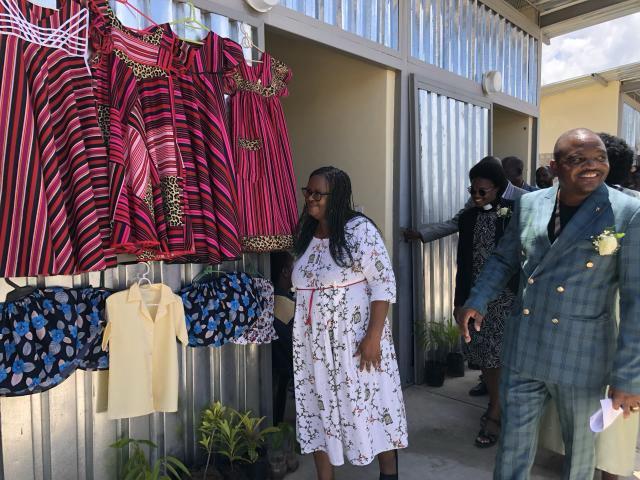The Namibian Lives Matter Movement (NLMM) fears that the upcoming Namibia-Botswana defence forces’ joint civil-military cooperation campaign may trigger trauma for those who have suffered at the hands of the Botswana Defence Force (BDF) in the past.
Their concerns come after major general Petrus Nathinge from the Namibian Defence Force (NDF) and major general Simon Barwabatsile from the BDF signed a joint civil-military cooperation plan last Wednesday.
The plan is aimed at sensitising communities living along the common border areas between the two countries to legal movement at Katima Mulilo.
Nathinge highlighted that the communities living along the common borders, particularly in some parts of the Zambezi region in Namibia and the Chobe District in Botswana, continue to face challenges related to their legal movement along the common areas to access shared natural resources.
He said the sensitisation campaigns, which will be rolled out in phases from July to September, will cover 21 villages in Botswana, as well as 19 villages in Namibia, stretching from Kazungula/Impalila Island to Union’s End.
“The common security challenges in these areas include the poaching of iconic species such as rhino and elephant by international poachers for their horns and tusks.
“The sensitisation of civilians to the importance of wildlife for the economies of the two countries will assist in reducing illegal activities,” Nathinge said.
‘UNCOUNSELLED’
NLMM chairperson Sinvula Mudabeti yesterday, however, said although it’s commendable that the two security forces are finally embarking on a joint sensitisation campaign, local residents are traumatised and remain uncounselled.
“Victims of BDF aggression include fishermen, who have physical and emotional scars, as well as children whose parents were brutally killed by the BDF.
“Therefore, efforts should be made to have BDF soldiers behave in a certain manner during this plan of action.
There is also a need to have counselling sessions for survivors, victims and children orphaned by the BDF so that this cooperation plan does not open wounds that are still fresh,” he said.
Mudabeti said as much as the joint civil-military cooperation plan would assist the citizens of the two nations to achieve peace and security, two unresolved issues remain: the 2018 border treaty’s status and Botswana making the Chobe River part of their national park.
“However, according to the Anglo-German Treaty of 1890, article 3, the deepest channel of the Chobe River is the boundary between Namibia and Botswana, but because Botswana made the Chobe River part of their national park, they do not allow fishing on its side.
“This brings problems for Namibians living in the Zambezi region who subsist on fishing on the Chobe River. We call upon Botswana to withdraw the Chobe River from its park, because these are international waters,” he said.
The latest killings were those of fishermen Tommy, Martin, and Wamunyima Nchindo and their cousin Sinvula Munyeme on 5 November 2020 along the Chobe River on suspicion that they were part of a poaching syndicate.
The shock of their deaths was too much to bear for the mother of the Nchindo brothers, Alphonsina Mubu (69), who collapsed and died five days after their deaths.
It’s been confirmed that since independence, the BDF has killed more than 37 Namibians.
Through the 2018 border treaty between Namibia and Botswana, the Zambezi residents lost an immense part of their ancestral land, since Situngu Island and a number of islands in the Mayeyi Traditional Authority now belong to Botswana, Mudabeti said.
Residents say they were not consulted before the treaty was signed.
Stay informed with The Namibian – your source for credible journalism. Get in-depth reporting and opinions for
only N$85 a month. Invest in journalism, invest in democracy –
Subscribe Now!










